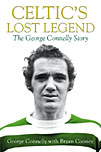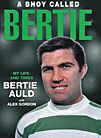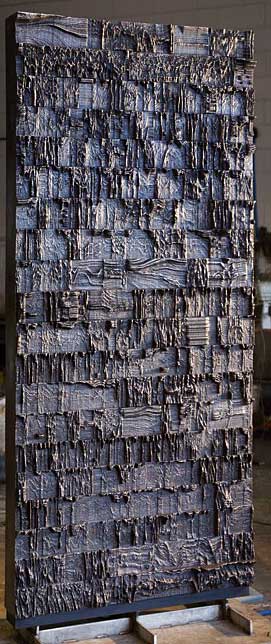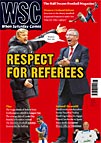These competition rules shall be binding on you when entering any competition(s) operated by us, our sponsors or any company or website owned or controlled by us from time to time.
In addition to these general competition rules, other specific terms and conditions may also apply to a particular competition. We will post any such specific competition rules on our website.
Only one entry per person is permitted, unless otherwise stated. Automated entries will be invalidated, including multiple entries from the same IP.
The closing date is as specified in the relevant competition. This will always be a time and date in the UK. Where a time is not given, the closing time will be 11.59pm (UK time) on the relevant day.
Proof of sending post/email/SMS, making a phone call or completing an online entry, is not proof of our receipt of your entry. No responsibility can be accepted for entries that are lost, delayed or damaged.
All entries must be received by the closing date specified in the individual promotion/competition rules. All eligable entries received by the closing date have an equal chance of winning. Entries not submitted in accordance with the rules or incomplete or illegible entries will be disqualified.
Competitions are open to customers and non-customers. No purchase is necessary.
The draw will take place on the date stated in the individual competition rules and winners will be formally notified (by email) within 21 days of the closing date. Full details of the prize will be given in writing upon notification. Prizes must be claimed on or before the date stated in the individual competition rules.
Any prize will be awarded to the first valid entry drawn at random by an independent, supervised individual. The decision is final and no correspondence will be entered into in relation to that decision.
Any prize is as specified in the individual competition rules. No alternative prizes may be requested although When Saturday Comes Ltd reserve the right to alter arrangements or prizes should this be unavoidable. There is no cash alternative and prizes cannot be transferred to any other person.
When Saturday Comes Ltd will not be liable for any damage, loss or disappointment suffered by any person taking part or not being able to take part in a competition.
No responsibility is accepted for inaccurate prize details supplied by sponsors.
In the event of unforeseen circumstances the promoter reserves the right to alter, amend or foreclose the competition without prior notice.
Use of false name or address, eg name by which the entrant is not usually known, will disqualify them from receiving any prize. When Saturday Comes Ltd reserves the right to oblige any potential winner to provide documentary proof of their identity and address before such person may claim their prize.
We will keep your personal details for a reasonable time so that we can send you any prize that you have won, to verify that these rules have been complied with, and for accounting purposes. We may pass your details on to our service providers and agents for the purposes of sending you the prize on our behalf.
To be entered into a competition, entrants must complete their details in the manner specified for each competition. Your entry is valid provided you give us your contact details through the entry form on wsc.co.uk.
We reserve the right to amend these rules at any time. By entering any competition all participants will be deemed to have accepted and be bound by the rules and by any other requirements set out in the competition material.
The competition promoter is When Saturday Comes Ltd, registered office The Old Fire Station, 140 Tabernacle Street, London EC2A 4SD, UK, registered number 2192202. Enquiries relating to the competition (including enquiries about the name of the eventual winner or the personal data collected about you as a result of your entry) should be sent to When Saturday Comes Ltd at the above address.
The competition is run via the When Saturday Comes Ltd website wsc.co.uk. Entrant details provided will be used only for informing winners of results, and will not be used for any other purpose unless wider use has been permitted by the entrant.
These rules are governed by English law.
 Celtic's Lost Legend
Celtic's Lost Legend A Bhoy Called Bertie
A Bhoy Called Bertie
